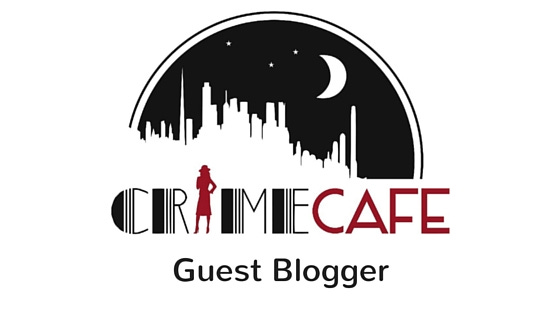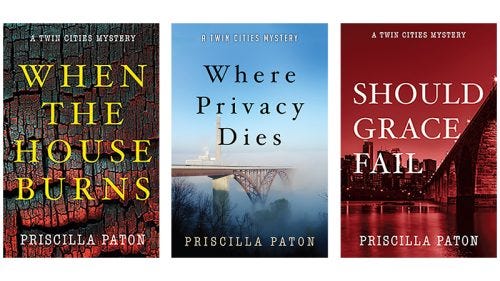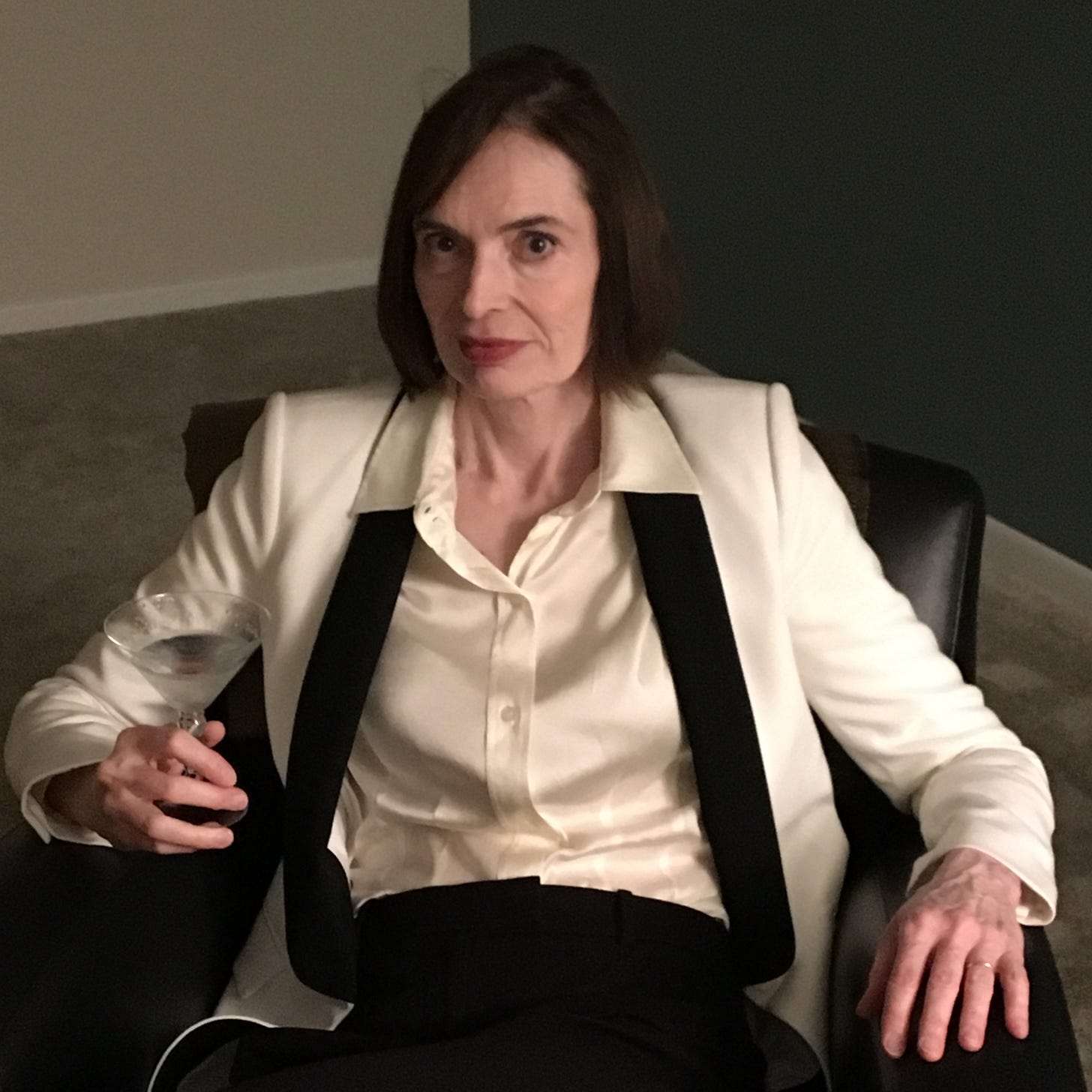This week's guest post and giveaway comes from Priscilla Paton.
She's giving away a personalized book and matching coffee cup to a randomly-drawn individual who contacts her through her website, priscillapaton.com.
Learn more about her writing here.
*****
Art imitates life imitates art imitates life. . .
That loop’s not a fresh idea. Perhaps you’ve seen a film where people cannot breathe in a sandstorm and thought (skipping over the detail that the storm’s on another planet), hey, that happened to me in the Southwest. Or your pushy mate envies the attention you receive, and you, dressed in pink, want to say, welcome to my world, Barbie! (FYI, you can shop the Barbie and Ken movie outfits, buy the Daniel Craig/James Bond look, or build a wardrobe like “Elspeth” Tascioni’s.) That’s the point of fiction, the boundary blurring between lived experience and imagined stories, the back-and forth between what you see on a page and what you see around you. A trope in mysteries is that an Author concocts the perfect murder then someone carries that murder out, and Author becomes Prime Suspect, though in this case the ‘real’ murder exists only on the page. Or so we hope—it’s creepy when the imitation is spot-on.
My first Twin Cities Mystery, Where Privacy Dies, opens with an executive’s corpse found in a nature preserve near the Minneapolis/St. Paul airport, an area I scouted; a year later, a body appeared there. Less coincidence and more the circumstance that bodies are found along waterways. (The series stars figments of my imagination, Detectives Erik Jansson and Deb Metzger, both tall, athletic, and attracted to women.) In my second, Should Grace Fail, a young pianist struggles with addiction; I researched addiction in a researchy way, but many families including my own have shared that struggle. When I was beginning my third, my initial topic was blown off the track by the pandemic shutdown. During that first scary spring, my residence had a toxic plumbing failure that forced me to move pronto. Fortunately, I had a place to go but the process was miserable, and on moving day George Floyd was murdered in nearby Minneapolis. Meanwhile, young adult relatives in the Twin Cities and on both coasts experienced their own housing crises.
The upshot, my third book became When The House Burns, a fiction about detectives haunted by cultural trauma, homelessness, arson, a “toxic” workplace, and a desire for home. It’s also funny—after all it centers on sex, death, and real estate. Verisimilitude (haven’t used that word since grad school) is achieved with details gathered from online realty listings (one house had a Wonder Woman mural), a visit to a restaurant with nouvelle Indian cuisine, neighborhood tours, and observations of human behavior, aka spying on people. As a writer of murder, I do not draw on my safe life for the crimes, and may it stay that way. News reports provide the dark inspiration. This doesn’t mean I’m untouched by terrible circumstances since I’ve been involved with programs for the unhoused and domestic abuse. I write to work through troubling issues and to escape them.
The concept for my work-in-progress popped up during a bout of covid as I listened to a factual expose of Big Pharma. (Disclosure, I rely on Big Pharma medications.) An incident in the history of an infamous pharma-family stuck in my head, where I sent it through a fictional spin and came up with family woes (nothing like family to put the fun in dysfunction) in a “Succession”-like plot. Except in this case no one wants the money, money presumably made through a fictional MedTech device. I found background material in coverage of the ups, downs, and breakthroughs of regional Medtech industries, so many in Minnesota that the state claims a “Medical Alley.” In creating the characters, I tapped into individual fears about medical care and its costs. The draft I completed last fall opens with the murder of a MedTech company president. Then, in December, a Minnesota insurance CEO was gunned down in New York, a real murder in the real world. That gave me the creeps because murder is abhorrent and because I’d imagined something too similar. In the next draft of my WIP, I have the opportunity to enrich the story with fresh information and responses; I’m also on the line to be respectful of real tragedy.
I intend my Twin Cities Mysteries to reflect enough lived experience that they resonate with readers, as does the housing crisis in When The House Burns. I also intend them to provide a release and entertainment. That’s the role of my fictional detectives Erik and Deb. They can shoulder burdens, solve the crime, and annoy the heck out of each other because that’s how you put the fun in dysfunction.
*****
Priscilla Paton grew up on a Maine dairy farm, was an English professor, and now lives on the Wisconsin/Minnesota border with a view of eagles. She stays out of trouble by writing her award-nominated Twin Cities Mystery series, which features the bantering team of Deb Metzger and Erik Jansson. Her recent When the House Burns—sex, death, and real estate—follows Where Privacy Dies and Should Grace Fail. Her fourth, In Blind Trust, about the murder of a MedTech executive, is in progress. She participates in community advocacy programs. Website: priscillapaton.com; Facebook: priscillapatonmystery.






